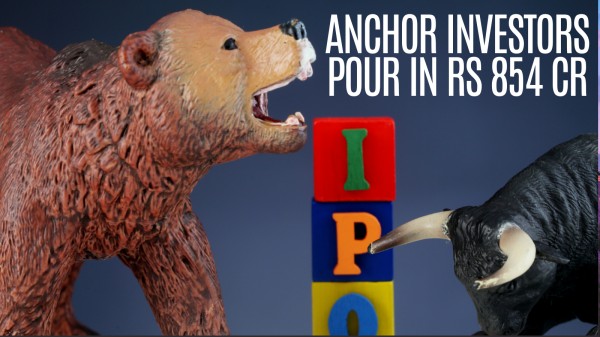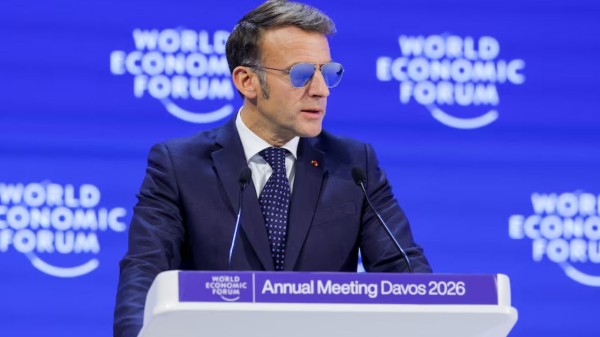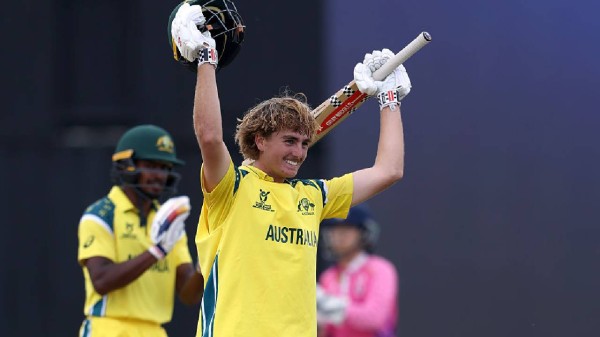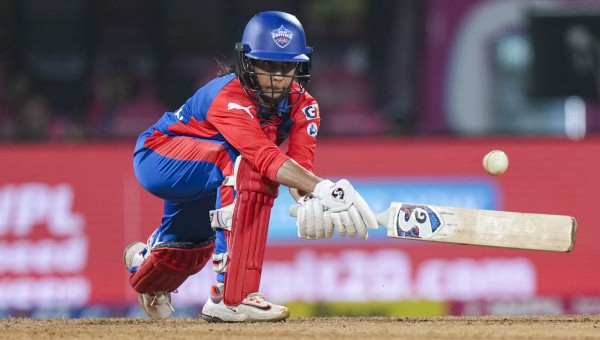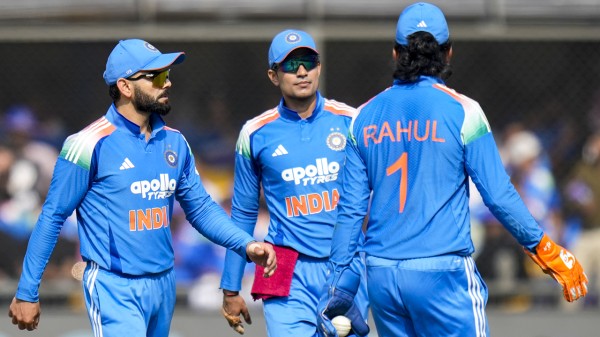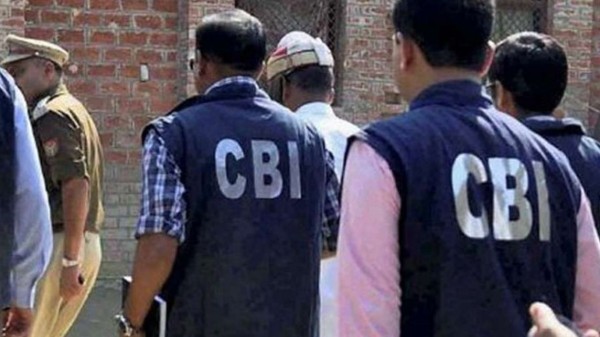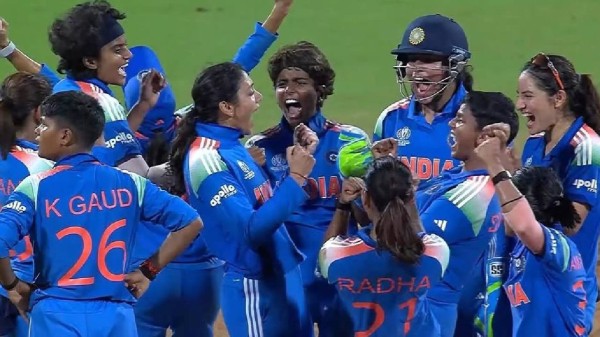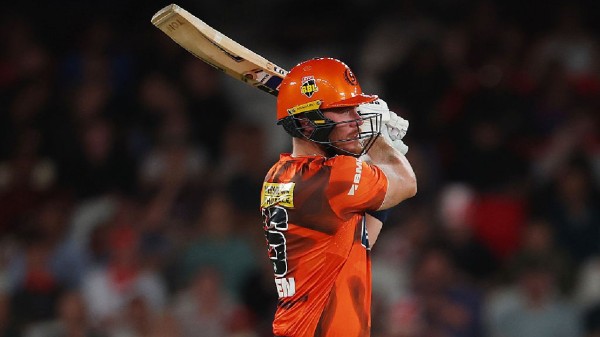

By signing in or creating an account, you agree with Associated Broadcasting Company's Terms & Conditions and Privacy Policy.


By signing in or creating an account, you agree with Associated Broadcasting Company's Terms & Conditions and Privacy Policy.
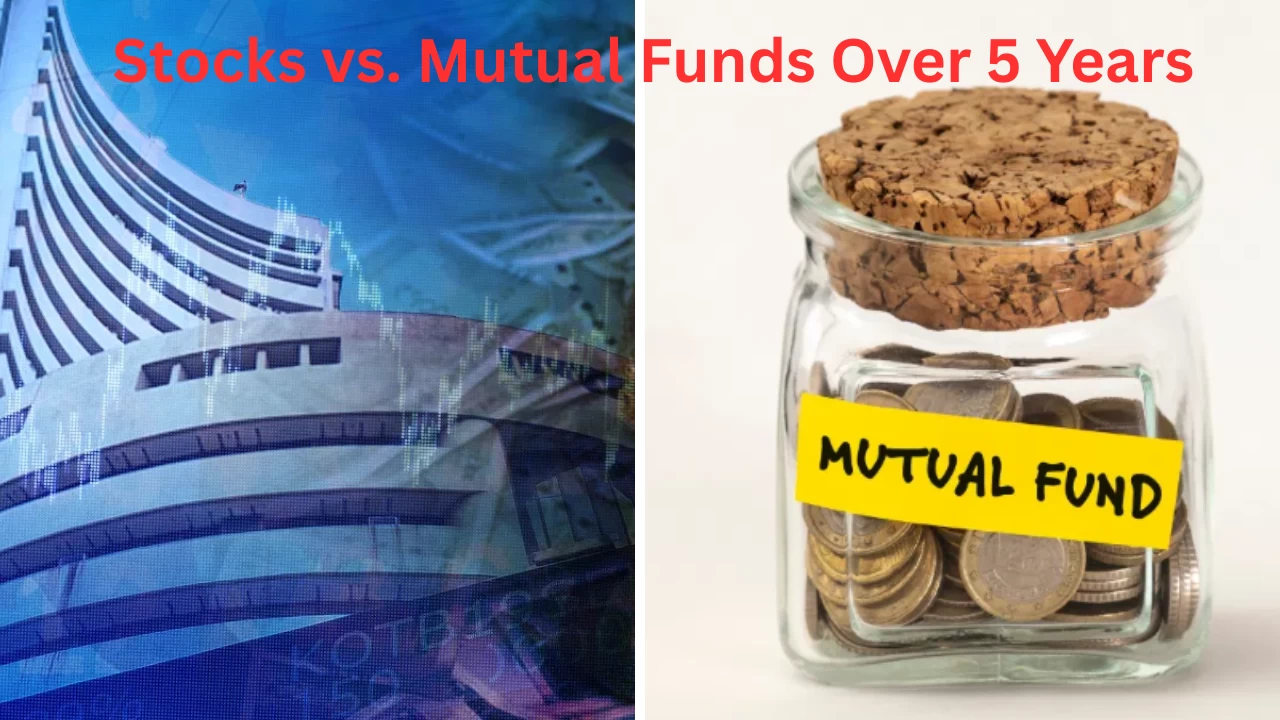
New Delhi: The last 5 years have been a period of major changes for the Indian stock market. During this period, some companies have given record-breaking returns, while many big names could not live up to their expectations. On the other hand, top mutual funds have given confidence to crores of investors by providing consistent compounding returns. However, in the battle of Stock vs Mutual Funds, mutual funds seem to be taking a toll on average big stocks.
| Company | share price | Market Cap |
|---|---|---|
| Reliance Industries Ltd | ₹1,515.70 | ₹20,56,462 Cr |
| HDFC Bank Ltd | ₹986.40 | ₹15,25,059 Cr |
| Bharti Airtel Ltd | ₹2,147.70 | ₹13,10,234 Cr |
| Tata Consultancy Services (TCS) | ₹3,114.40 | ₹11,16,415 Cr |
| ICICI Bank Ltd | ₹1,374.80 | ₹9,81,152 Cr |
Stocks like Airtel and ICICI did shine, but giants like Reliance, HDFC Bank and TCS were left behind in terms of returns. On the other hand, top funds have continuously increased investors' capital by providing stable and strong compounding and proves once again that the power of diversification is the biggest weapon for the long term. For this, mutual funds have proved to be safer and more effective than stocks.
| Mutual Funds | NAV | AUM |
|---|---|---|
| HDFC Mid Cap Fund – Direct Plan | ₹224.79 | ₹89,383 Cr |
| HDFC Flexi Cap Fund – Direct Plan | ₹2,271.20 | ₹91,041 Cr |
| Parag Parikh Flexi Cap Fund – Direct Plan | ₹94.06 | ₹1,25,800 Cr |
| SBI Nifty 50 ETF | ₹276.77 | ₹2,12,191 Cr |
| SBI BSE Sensex ETF | ₹901.75 | ₹1,23,001 Cr |
In the last five years, the performance of the country's five largest companies has been mixed. Bharti Airtel has given the most powerful return in this period. Its stock price has increased by about 353%. At the same time, its trailing 5-year annual return was around 35.5%. Similarly, the stock price of ICICI Bank also saw an impressive 186% growth. Whereas, an annual compounding return of 22.5% has been received. At the same time, the share price of Reliance Industries has jumped 59.68% and an annualized return of about 9.9% has been received. Similarly, HDFC Bank's share price rose by 40.50%, while the five-year annualized return has been 7% per annum. At the same time, TCS's share price has increased by only 17.31% in five years. At the same time, a slow compounding of 3.5% has been given.
| Company | 5-year cumulative return | 5-year trailing annual return |
|---|---|---|
| Bharti Airtel | 353.06% | 35.50% |
| ICICI Bank | 186.34% | 22.50% |
| Reliance | 59.68% | 9.90% |
| HDFC Bank | 40.50% | 7.00% |
| TCS | 17.31% | 3.50% |
Combining the performance of the five big funds, the average return is around 21-22% per annum. This figure indicates that mutual funds have maintained a strong and stable wealth creation momentum in the last 5 years. HDFC Mid Cap Fund (Direct) has given the most impressive annualized return of 28.57%. After this, HDFC Flexi Cap Fund (Direct) gave a return of around 26.93% per annum, which is better than many large-cap stocks. Parag Parikh Flexi Cap Fund (Direct) also showed stable and strong compounding and gave returns of around 22% in five years. Among index-based funds, the five-year annualized return of SBI Nifty 50 ETF was 16.19%, while SBI BSE Sensex ETF gave a compounding of about 15.19%.
| Mutual Funds | Trailing Annual Return of 5 | 5-Year Cumulative Return |
|---|---|---|
| HDFC Mid Cap Fund | 28.57% | 251.32% |
| HDFC Flexi Cap Fund | 26.93% | 229.47% |
| Parag Parikh Flexi Cap Fund | 22.00% | 170.27% |
| SBI Nifty 50 ETF | 16.19% | 111.76% |
| SBI Sensex ETF | 15.19% | 102.80% |
If you compare it directly, on average mutual funds have outperformed big stocks. Stocks like Airtel and ICICI Bank definitely appeared to be outperforming. But the weak returns of the remaining three big companies pull down the average of the entire group. On the contrary, the performance of top funds remained steady and strong. This comparison also proves that a mistake in stock picking costs heavily, whereas diversification in mutual funds keeps losses limited.
| Stocks | 5-Year Annualised Return | Mutual Fund | 5-Year Annualised Return |
|---|---|---|---|
| Bharti Airtel | 35.50% | HDFC Mid Cap Fund | 28.57% |
| ICICI Bank | 22.50% | HDFC Flexi Cap Fund | 26.93% |
| Reliance Industries | 9.90% | Parag Parikh Flexi Cap Fund | 22.00% |
| HDFC Bank | 7.00% | SBI Nifty 50 ETF | 16.19% |
| TCS | 3.50% | SBI Sensex ETF | 15.19% |
If an investor had invested 1-1 lakh rupees in all these stocks and mutual funds, then the investment made in Bharti Airtel would have been the highest. Rs 1 lakh invested in Airtel would have become Rs 4.53 lakh today. At the same time, HDFC Mid Cap Fund would have had the highest compounding among mutual funds, in which Rs 1 lakh would have increased to Rs 3.51 lakh. But on average, mutual funds made an edge over the stocks by providing stable, secure and good compounding.
If an investor had chosen stocks like Airtel or ICICI Bank 5 years ago, the returns would have been fantastic. But if you had invested in Reliance, HDFC Bank or TCS, it would have been far weaker compounding than top funds. Compared to this, funds like HDFC Mid Cap, HDFC Flexi Cap and Parag Parikh Flexi Cap created wealth every year with stable and high compounding.
(Disclaimer: This article is only meant to provide information. TV9 does not recommend buying or selling shares or subscriptions of any IPO, Mutual Funds, gold, silver and crypto assets.)


